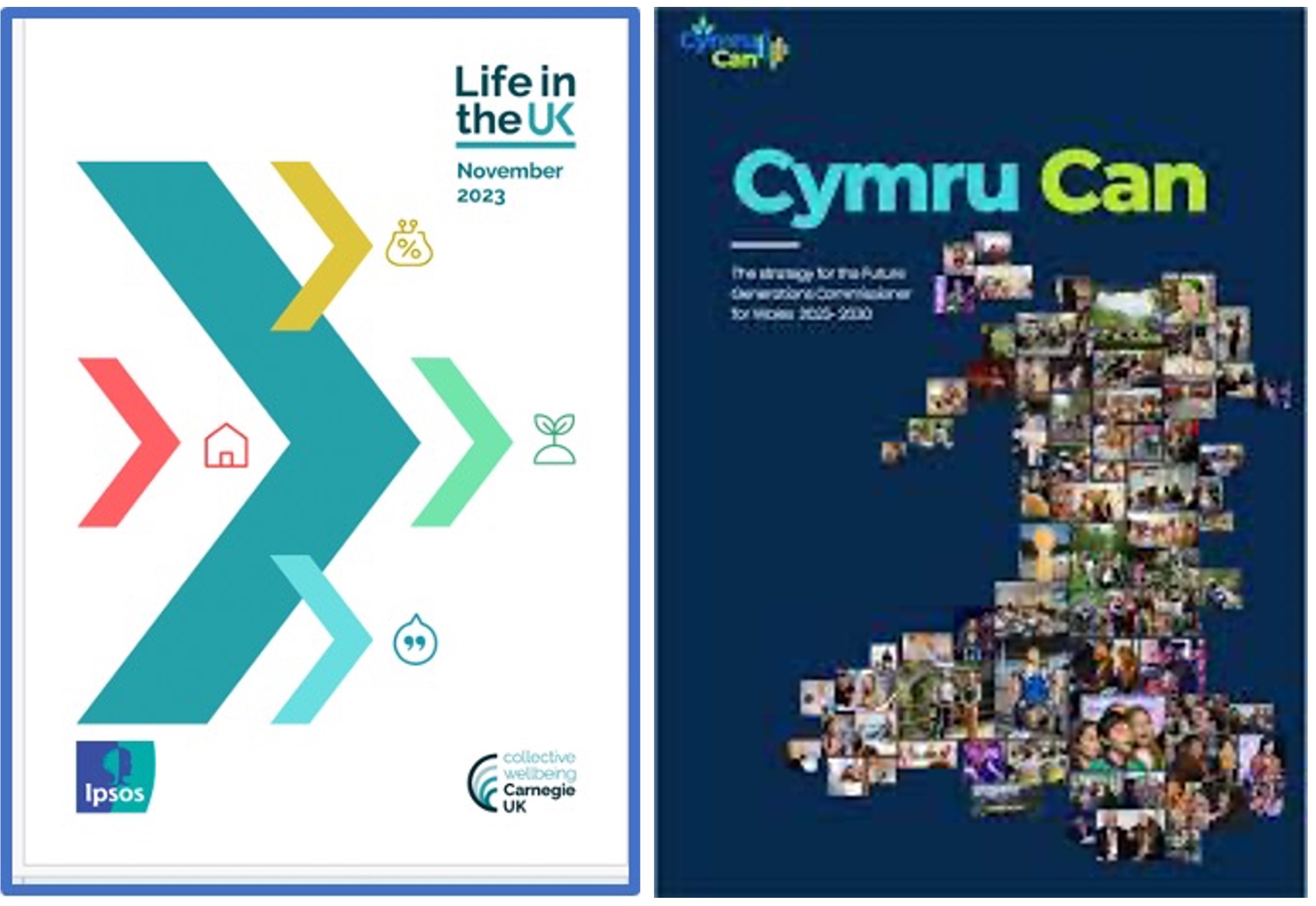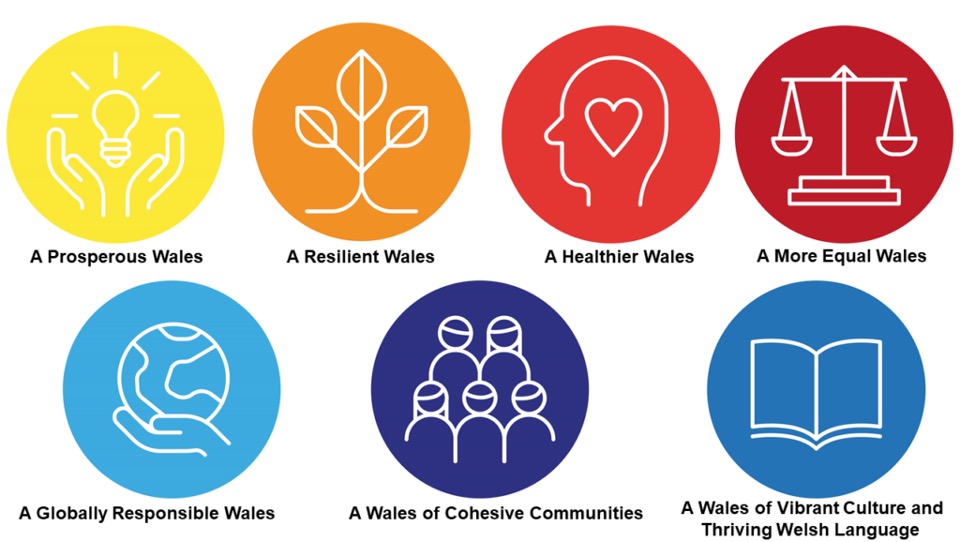This is Blog 52
The popular perception of public policy decision-making is that corrupt, self-serving politicians, supported by incompetent civil servants will always prefer short-term quick fixes to any long-term solutions. To the extent that they listen at all, it would be only to whoever shouts loudest. Evidence to the COVID enquiry will have done little to dispel this impression.

The reality – fortunately – is normally different. Anyone familiar with the ways of government, national or local, appreciates that when the system works properly, there is a lot of evidence-gathering, stakeholder engagement and options appraisal. Not enough, perhaps. But certainly, a large amount. Consultation is part of this process. Again, not enough, and inconsistent in quality.
But ultimately, there comes a point when relevant information has been gathered and presented to decision-makers, whether they are Ministers, Councillors, NHS Boards, Chief Executives, Quangos or whatever. How do they decide? Leaving aside specific statutory directives – what criteria do they use?
For centuries, the fundamental yardstick has been money.
We measure the wealth of a nation by its GDP (gross domestic product); the health of a business by its PBT (profit before tax) – and the case for buying or building something according to the ROI (return on investment). Yet as we know well from public consultations, the reasons for saying yes or no to proposals for change range much further into the realm of human experience. Clearly, there are other considerations, and if, rightly, decision-makers need to think about other matters when making choices, we all need to know what they are – especially if we want to influence those decisions.
Two recent publications usefully contribute to the relevant thinking
Carnegie UK has worked with Ipsos-Mori on its Life in the UK report. It is a three year project designed to measure the collective wellbeing of people in the UK, looking at social, economic, environmental, and democratic aspects of life. In other words – those other considerations which we value.
Looking closer, the four categories are:
- Social wellbeing – “we all have the support and services we need to thrive”
- Economic wellbeing – “We all have a decent minimum living standard.”
- Environmental wellbeing – “We all live within the planet’s natural resources.
- Democratic wellbeing – “We all have a voice in decisions that affect us.”
Beneath these headings are a host of sub-elements enabling the researchers to compute a score for different regions, demographic and other cohorts. The findings are fascinating, and point to real policy challenges as it shows, for example how younger people have a lower collective wellbeing score compared to older people, or how people living in urban areas are similarly disadvantaged when compared to those in rural areas.
For the purposes of this paper, what matters is how we define the criteria, and this is why we turn to Wales to see how it’s much-vaunted Wellbeing of Future Generations Act is working. The 2015 legislation was intended to place sustainability
at the centre of all public policy-making. Every public body in Wales is required to observe the seven criteria of prosperity, resilience, health, equality, global responsibility, cohesive communities and a vibrant culture that includes the Welsh language

They sound almost trite, but, as monitored by the Future Generations Commissioner, sniping at the heels of all Welsh Institutions, they have had a real impact. Sophie Howe – the original Commissioner is a hard act to follow, but this year, her successor, Derek Walker has now published Cymru Can, a timely stock-take and a call for action as Wales finds out how challenging contradictory goals can be!
To many, whilst Conservative politicians invoke current problems with Welsh public services in their day-to-day knockabout, it seems odd to promote this particular model. People might wonder - If it’s so wonderful, why does Wales struggle on so many fronts? The answer, of course, is obvious - that prioritising future generations almost certainly means awkward choices in respect of current, short-term pressures. What is hard is striking the right balance.
So, this is the punch-line. Assembling the list of ‘other considerations’ – adopting the Carnegie categorisation, or the Welsh one - is but setting the agenda for decision-makers to determine trade-offs. To do that successfully, they need to gather good-quality data, and this is why consultation is SO important. Used properly, for all decisions of real consequence, what Governments or Councils need to ask are questions like: What would this (proposal) …mean for our environment? Or for our prosperity? Or for equality … and so forth.
This is, in reality a multi-dimensional Impact Assessment. Except, to carry people with us, it should not be a technical desk-research job by a junior official. It needs to be the product of the lived experience of stakeholders who know how communities and public services work.
I once tried to persuade Sophie Howe that every public consultation in Wales should carry seven extra questions – giving consultees an opportunity to offer their opinions of what they thought the impact of proposals would be on the seven criteria. I should try again! It might not make those trade-offs any easier. But at least it would equip decision-makers with ample evidence of what different stakeholders – with their different view of and from the world – might think.
Ultimately, the role of consultation is to help those with the tough task of taking decisions – make better choices. What’s changed is that we have learnt that financial numbers are not the be-all-and-end-all, and like Carnegie UK, we are conscious of all those other factors that we know have been undervalued and under-considered in the past. Both these initiatives are worth watching and consultation professionals might find them a source of inspiration so that we start asking even better questions.
Ones that future generations might appreciate!
Rhion H Jones LL.B
Leave a Comment
I hope you enjoyed this post. If you would like to, please leave a comment below.